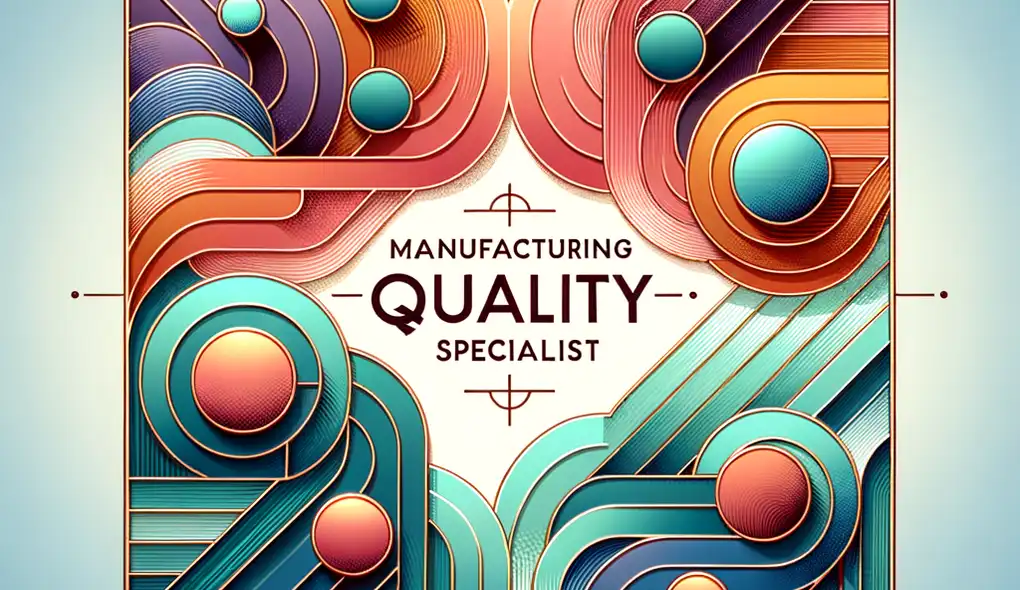How do you approach decision-making when faced with conflicting quality requirements from different stakeholders?
Manufacturing Quality Specialist Interview Questions
Sample answer to the question
When faced with conflicting quality requirements from different stakeholders, I approach decision-making by first understanding the perspectives and needs of each stakeholder. I believe that effective communication is key in resolving conflicts, so I would engage in open and transparent discussions with all parties involved. I would then analyze the requirements and evaluate the impact on various aspects of quality such as reliability, usability, and performance. If needed, I would consult with subject matter experts or conduct further research to gather more information. Ultimately, my goal would be to find a balance that satisfies the needs of all stakeholders while ensuring that the established standards of quality are met.
A more solid answer
When faced with conflicting quality requirements from different stakeholders, I approach decision-making in a systematic manner. Firstly, I gather all the relevant information and documentation regarding the conflicting requirements. Next, I assess the impact of each requirement on various aspects of quality including reliability, usability, and performance. I use my analytical skills to weigh the importance and feasibility of each requirement based on the established quality standards. To ensure effective communication, I actively engage with the stakeholders and seek clarification on their expectations. If necessary, I facilitate meetings or discussions to foster collaboration and consensus-building. In cases where a compromise is not possible, I present a comprehensive analysis to the stakeholders highlighting the potential risks and benefits of each requirement. With a focus on problem-solving, I propose alternative solutions or recommendations that strike a balance between the conflicting requirements. Throughout the decision-making process, I maintain transparency and keep all stakeholders informed. This approach ensures that decisions are made based on objective analysis and open dialogue, fostering a culture of quality and continuous improvement.
Why this is a more solid answer:
The solid answer provides a more detailed and structured approach to decision-making, incorporating analytical thinking, communication, and problem-solving skills. The candidate demonstrates their ability to gather and analyze information, assess the impact of conflicting requirements on various quality aspects, and make informed decisions. They also emphasize the importance of effective communication, collaboration, and transparency throughout the process. However, the answer could still benefit from specific examples or scenarios to further illustrate the candidate's skills and experiences.
An exceptional answer
When faced with conflicting quality requirements from different stakeholders, my approach to decision-making is based on a combination of technical expertise, stakeholder engagement, and data-driven analysis. Firstly, I thoroughly evaluate the quality requirements from each stakeholder, considering factors such as the impact on product reliability, usability, and performance. Drawing on my knowledge of statistical quality control, I use data and metrics to assess the feasibility and potential risks of each requirement. This allows me to objectively prioritize conflicting requirements and identify potential trade-offs. In addition to analyzing quantitative data, I also value qualitative input from stakeholders, actively listening to their concerns and identifying any underlying issues. Through open and transparent communication, I facilitate discussions and negotiations to find common ground and align on a solution. If consensus cannot be reached, I leverage my problem-solving abilities to propose alternative approaches that address the core concerns of all stakeholders. These proposals are supported by a comprehensive analysis that highlights the potential benefits and drawbacks of each option. Additionally, I ensure that all decisions are documented and communicated effectively to maintain transparency and accountability. By leveraging my analytical skills, stakeholder engagement, and data-driven approach, I can make well-informed decisions that balance conflicting quality requirements and drive continuous improvement.
Why this is an exceptional answer:
The exceptional answer showcases the candidate's in-depth knowledge and expertise in quality assurance. They demonstrate their ability to evaluate conflicting requirements using both quantitative and qualitative approaches, incorporating statistical analysis and stakeholder engagement. The candidate's emphasis on documentation, communication, and accountability highlights their commitment to transparency and continuous improvement. Overall, the answer provides a comprehensive and strategic approach to decision-making while addressing the specific skills and qualifications outlined in the job description.
How to prepare for this question
- Familiarize yourself with quality assurance methodologies and processes to understand the context in which conflicting quality requirements may arise.
- Develop your analytical skills by practicing data analysis and decision-making exercises. This can involve analyzing relevant quality metrics and identifying potential trade-offs between conflicting requirements.
- Improve your communication skills by engaging in role-playing scenarios or mock discussions to effectively address conflicts and foster collaboration.
- Stay updated on industry-related quality standards and regulations to ensure that your decision-making aligns with industry best practices.
- Reflect on past experiences where you have encountered conflicting stakeholder requirements and think about how you resolved them. This will help you articulate your approach during the interview.
What interviewers are evaluating
- Analytical skills
- Communication skills
- Problem-solving abilities
Related Interview Questions
More questions for Manufacturing Quality Specialist interviews